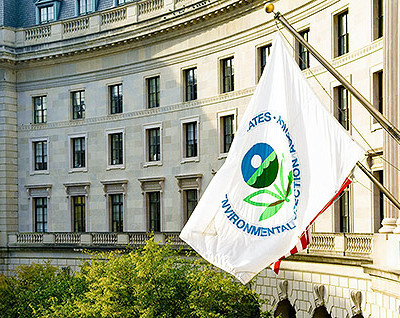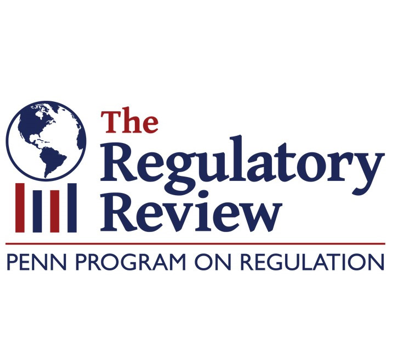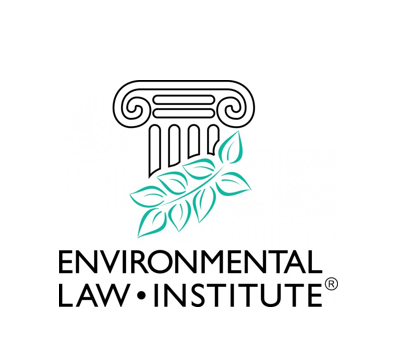December 31, 2019
December 2019 at Policy Integrity
- New Report: Option Value and Fossil Fuel Leasing
- Amicus Brief on Fuel Efficiency Penalties for Automakers
- Assessing Science Restrictions
- Policy Integrity Articles Selected as Year’s Best
- Essays Highlighted by The Regulatory Review
- More from This Month
-

New Report: Option Value and Fossil Fuel Leasing
While the Trump administration’s goal of “energy dominance” has increased the public lands available for oil and gas development, no effort has been made to modernize the leasing system, even in the face of climate change. Our report explains how option value — which accounts for the informational value gained by delaying leasing decisions — can and should be factored into the Bureau of Land Management’s land use planning processes. Accounting for option value at multiple stages of the land use planning process would significantly improve BLM’s public lands stewardship, better protect the environment, and regain some of the economic and strategic advantages it has ceded to private developers. The report also describes case studies where BLM’s failure to consider option value has led to costly litigation and missed opportunities.
-

Amicus Brief on Fuel Efficiency Penalties for Automakers
We filed an amicus brief on a Trump administration rule lowering penalties for automakers that violate fuel efficiency standards. The rule would result in over $100 billion in additional fuel costs for U.S. consumers and approximately $25 billion in climate and public health costs from increased greenhouse gas emissions. Our arguments focus on the National Highway Traffic Safety Administration’s faulty analysis, which ignores those costs and fails to meaningfully consider environmental harms, and its faulty statutory interpretation that fundamentally mischaracterizes this noncompliance penalty.
-

Assessing Science Restrictions
Madison Condon, Michael Livermore, and Jeffrey Shrader published an article in the Review of Environmental Economics and Policy assessing the Environmental Protection Agency’s proposed rule, “Strengthening Transparency in Regulatory Science.” The EPA rule would prohibit the agency from issuing regulations that rely on studies whose underlying data are not publicly available. Condon, Livermore, and Shrader argue that the restrictions would hinder the rulemaking process and result in undesirable regulatory outcomes.
-
Policy Integrity Articles Selected as Year’s Best
The Environmental Law Institute identified Bethany Davis Noll and Dr. Burcin Unel’s Markets, Externalities, and the Federal Power Act as one of the best 2019 academic articles presenting legal and policy solutions to pressing environmental problems. ELI also selected Richard Revesz’s article, Regulation and Distribution, to receive an honorable mention. This is the third straight year that Policy Integrity’s scholarship has made this list, as Jayni Foley Hein’s article on federal energy leasing and Revesz and Unel’s articles on energy storage and net metering have been featured previously.
-

Essays Highlighted by The Regulatory Review
The Regulatory Review is featuring its top contributor essays in 2019, including two written by Policy Integrity staff. Richard Revesz and Jack Lienke’s piece discusses how the Trump administration’s replacement of the Clean Power Plan is based on untenable analysis. Revesz and Unel’s piece on energy storage policy explains how better emissions signals and incentives for energy storage projects are critical for the clean energy transition.

